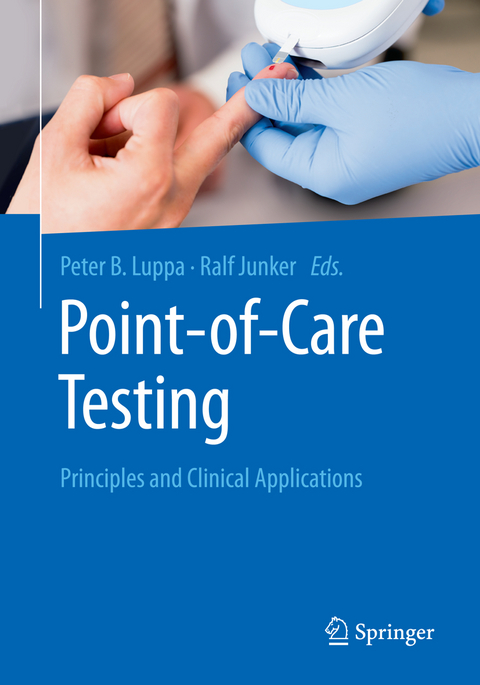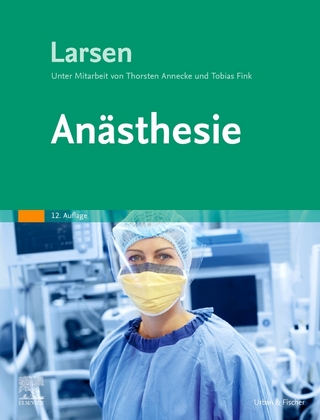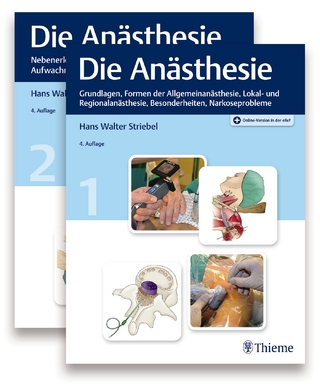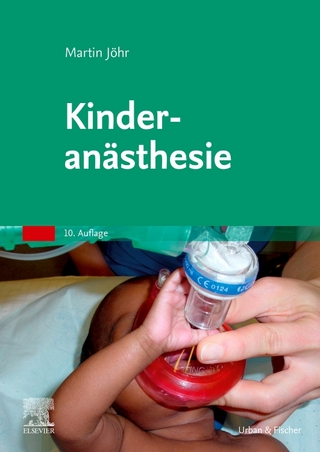
Point-of-care testing
Springer Berlin (Verlag)
978-3-662-54496-9 (ISBN)
The underlying technology and the range of test parameters available are evolving rapidly. The primary advantage of POCT is the convenience of performing the test close to the patient and the speed at which test results can be obtained, compared to sending a sample to a laboratory and waiting for results to be returned. Thus, a series of clinical applications are possible that can shorten the time for clinical decision-making about additional testing or therapy, as delays are no longer caused by preparation of clinical samples, transport, and central laboratory analysis. Tests in a POC format can now be found for many medical disciplines including endocrinology/diabetes, cardiology, nephrology, critical care, fertility, hematology/coagulation, infectious disease and microbiology, and general health screening.
Point-of-care testing (POCT) enables health care personnel to perform clinical laboratory testing near the patient.
The idea of conventional and POCT laboratory services presiding within a hospital seems contradictory; yet, they are, in fact, complementary: together POCT and central laboratory are important for the optimal functioning of diagnostic processes. They complement each other, provided that a dedicated POCT coordination integrates the quality assurance of POCT into the overall quality management system of the central laboratory.
The motivation of the third edition of the POCT book from Luppa/Junker, which is now also available in English, is to explore and describe clinically relevant analytical techniques, organizational concepts for application and future perspectives of POCT.
From descriptions of the opportunities that POCT can provide to the limitations that clinician's must be cautioned about, this book provides an overview of the many aspects that challenge those who choose to implement POCT. Technologies, clinical applications, networking issues and quality regulations are
described as well as a survey of future technologies that are on the future horizon.The editors have spent considerable efforts to update the book in general and to highlight the latest developments, e.g., novel POCT applications of nucleic acid testing for the rapid identification of infectious agents.
Of particular note is also that a cross-country comparison of POCT quality rules is being described by a team of international experts in this field.
Prof. Dr. Peter Luppa, TU Munich, Germany Prof. Dr. Ralf Junker, University Hospital Kiel, Germany
I. Introduction.- II. Methodology and analytical techniques.- III. Clinical applications.- IV. Legal and organizational framework.- V. Areas of application.-VI. Quality assurance.- VII. Development trends
| Erscheinungsdatum | 02.08.2018 |
|---|---|
| Zusatzinfo | XXX, 445 p. 100 illus. in color. |
| Verlagsort | Berlin |
| Sprache | englisch |
| Maße | 168 x 240 mm |
| Themenwelt | Medizin / Pharmazie ► Medizinische Fachgebiete ► Anästhesie |
| Medizin / Pharmazie ► Medizinische Fachgebiete ► Intensivmedizin | |
| Medizin / Pharmazie ► Medizinische Fachgebiete ► Laboratoriumsmedizin | |
| Medizin / Pharmazie ► Medizinische Fachgebiete ► Notfallmedizin | |
| Medizin / Pharmazie ► Studium | |
| Schlagworte | Accident and emergency medicine • Anaesthetics • Anesthesiology • Biomedical and Life Sciences • Clinical and internal medicine • clinical chemical analyses • coagulation diagnostics • continuous monitoring • diabetes diagnostics • Emergency Medicine • general practice • General Practice / Family Medicine • Intensive Care Medicine • Intensive / Critical Care Medicine • Internal Medicine • laboratory medicine • Medical laboratory testing and techniques • Medical Research • quick tests |
| ISBN-10 | 3-662-54496-2 / 3662544962 |
| ISBN-13 | 978-3-662-54496-9 / 9783662544969 |
| Zustand | Neuware |
| Informationen gemäß Produktsicherheitsverordnung (GPSR) | |
| Haben Sie eine Frage zum Produkt? |
aus dem Bereich


